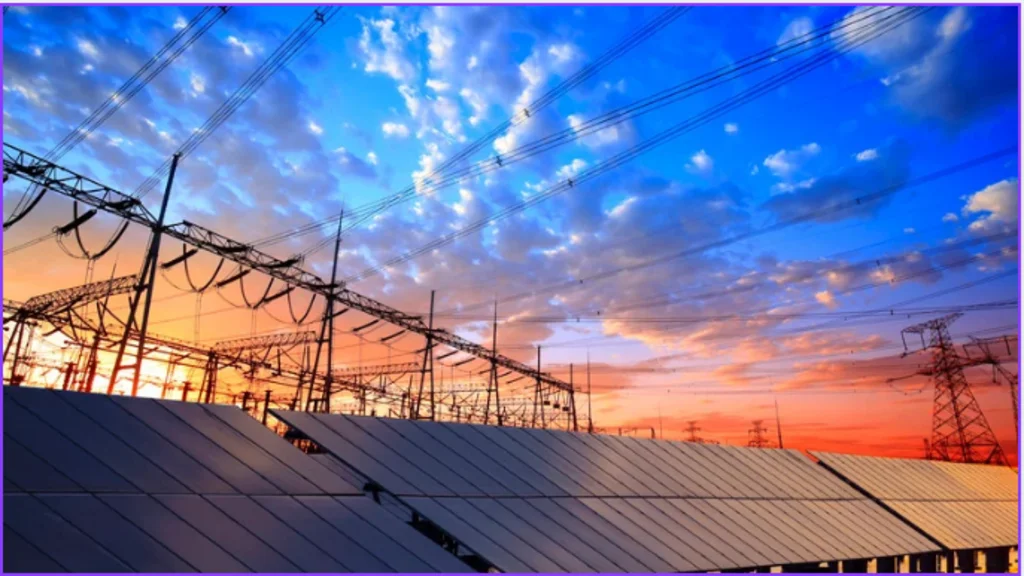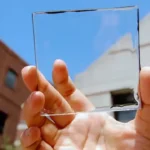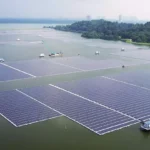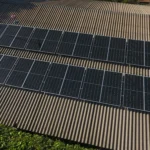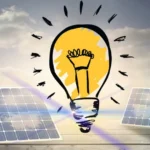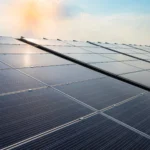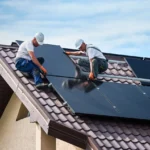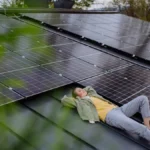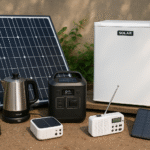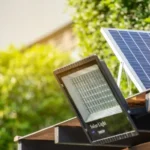solar panels turn sunlight into electricity. But did you know that not all solar panels work the same? Some panels make more power than others, even under the same sun. This is called solar panel efficiency, and it matters a lot if you want to save money and get the best from your solar system.
In this blog, we’ll explore what solar panel made of, how it affects your home or business, and how to choose the most efficient solar panels for your needs.
What Is Solar Panel Efficiency?
Solar panel efficiency tells us how well a solar panel turns sunlight into electricity. If a panel is 20% efficient, that means it converts 20% of the sunlight that hits it into usable power.
The higher the number, the more energy you get, even with less space. That’s why high efficiency solar panels are great for rooftops and small areas.
Why It Matters
- You get more power from fewer panels.
- You save money on your energy bills.
- You use your roof space better.
- You may qualify for rebates or tax credits if your panels are efficient.
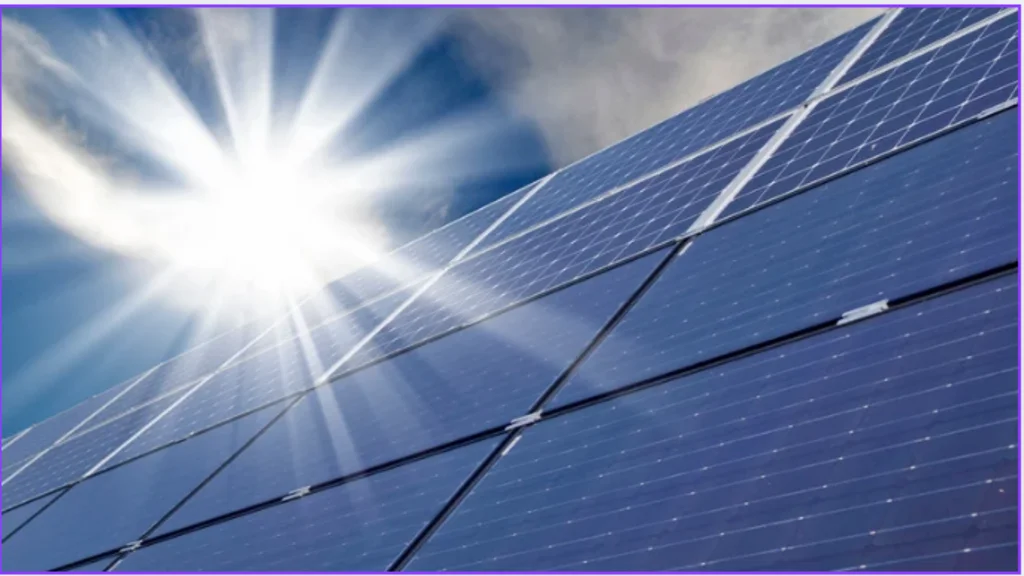
Types of Solar Panels and Their Efficiency
Let’s look at some of the most popular panels and how efficient they are.
Monocrystalline Panels – High Efficiency
These are the most efficient solar panels available today. They’re made from one solid piece of silicon, which helps them work better and last longer.
- Efficiency: 17% to 23%
- Best for: Homes with small rooftops or shade
Polycrystalline Panels – Affordable, But Less Efficient
These use pieces of silicon that have been melted together. They’re cheaper but not as powerful.
- Efficiency: 13% to 17%
- Best for: Large rooftops with plenty of sunlight
Thin-Film Panels – Flexible and Lightweight
These are thin and easy to install, but don’t work as well.
- Cell Efficiency: 10% to 13%
- Best for: Special uses like RVs or curved surfaces
Fun Fact: The most efficient solar panels in the world can currently reach over 24% efficiency in labs.
How Solar Panel Efficiency Affects Cost and Savings
Many people ask, “Should I buy the most efficient solar panels or just go for the cheapest?”
Here’s the truth:
Efficient Panels Cost More at First…
But they make more electricity over time. That means your electric bills go down faster, and you might not need as many panels.
Example
Let’s say you need 10 panels of 18% efficiency, but only 7 panels of 23% efficiency to get the same amount of power. You save space, hardware costs, and maybe even labor fees.
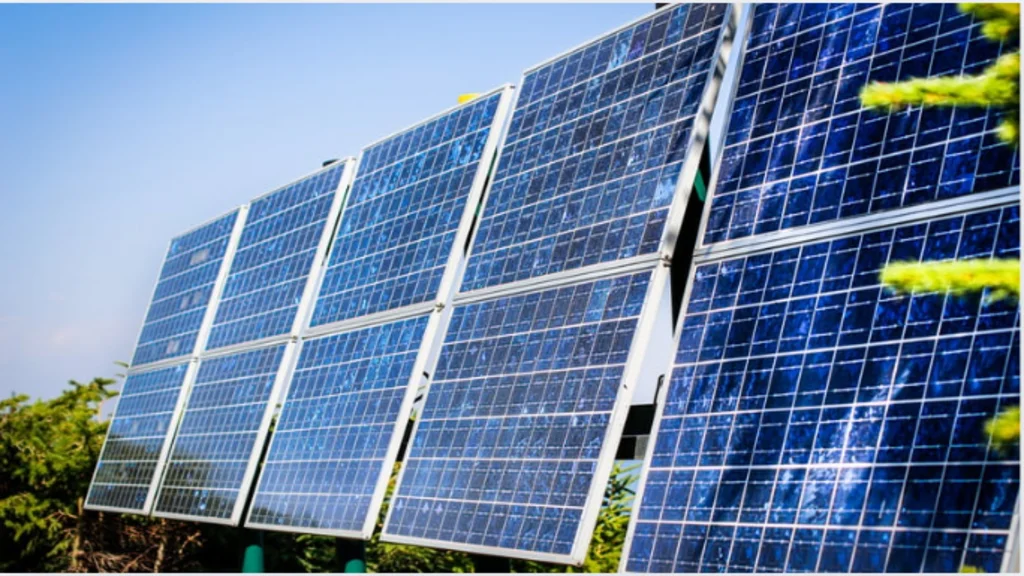
Solar Panel Efficiency Over Time
Just like any machine, solar panels slowly lose power over time. This is called degradation.
Most panels lose about 0.5% efficiency each year. After 25 years, a panel that started at 20% efficiency may work at around 87.5%.
But don’t worry—warranties usually cover up to 25 years of performance.
How to Keep Your Solar Panels Working at Their Best
To get the most from your solar system, here’s what you can do:
Tips to Keep Efficiency High
- Clean your panels every few months to keep them dust-free and block sunlight.
- Trim nearby trees that cause shade.
- Check your system with a pro every 1–2 years.
- Keep track of your energy output using an app.
Best Solar Panel Efficiency for Your Area
Not every place gets the same amount of sunshine. Some areas have cloudy weather more often.
That’s why people in cities like Seattle or London might need the most efficient solar panels to get enough power even when the sun is weak.
In sunny places like Arizona, even lower-efficiency panels can work well because they receive a lot of sunshine daily.
Why Solar Panel Efficiency Should Guide Your Choice
Choosing the right solar panels means understanding solar panel efficiency. It tells you how much power you’ll get from your solar panels with micro inverter, how fast you’ll save money, and how many panels you need. Whether you’re buying for a home or a business, knowing about efficiency helps you make a smart decision.
Solar panel efficiency is not just a number—it’s the key to more power, better savings, and a greener future.
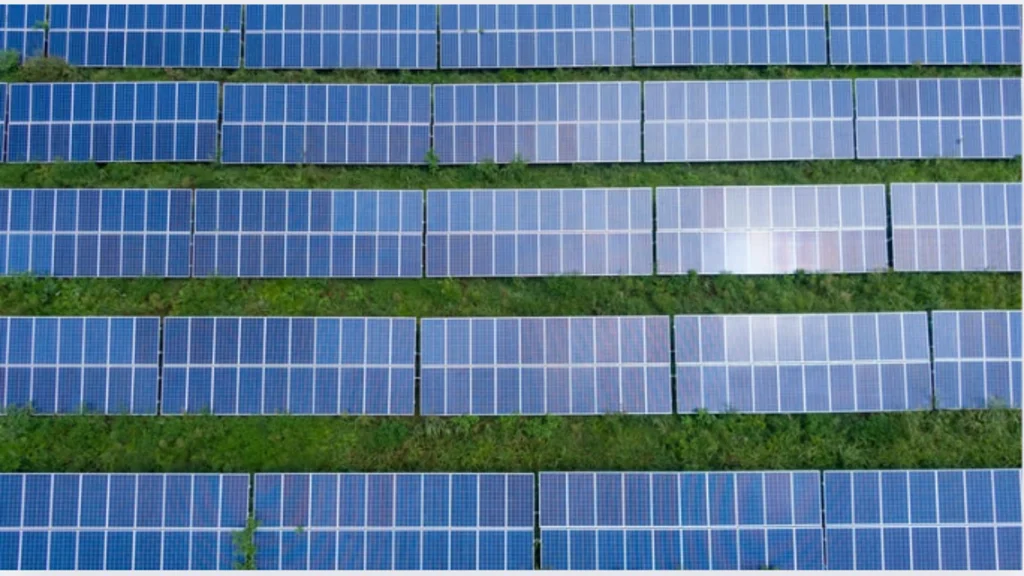
Ready to Go Solar?
Want help choosing the best solar panel efficiency for your needs? Our experts are ready to help you compare options, understand costs, and plan the perfect solar system.
Contact us today to explore solar options that save you more.
FAQs
Q1: Does high efficiency mean better quality?
Not always, but often yes. Many high-efficiency solar panels use better materials and last longer.
Q2: Are the most efficient solar panels always the best choice?
Not always. If you have a big roof and lots of sun, you might be fine with cheaper, less efficient panels.
Q3: How do I check a panel’s efficiency?
Look for a number on the product label or brochure—usually shown as a percentage like “21.5%.”
Q4: Can the weather affect solar panel efficiency?
Yes. Panels work best in calm, sunny weather. Too much heat can reduce power.

